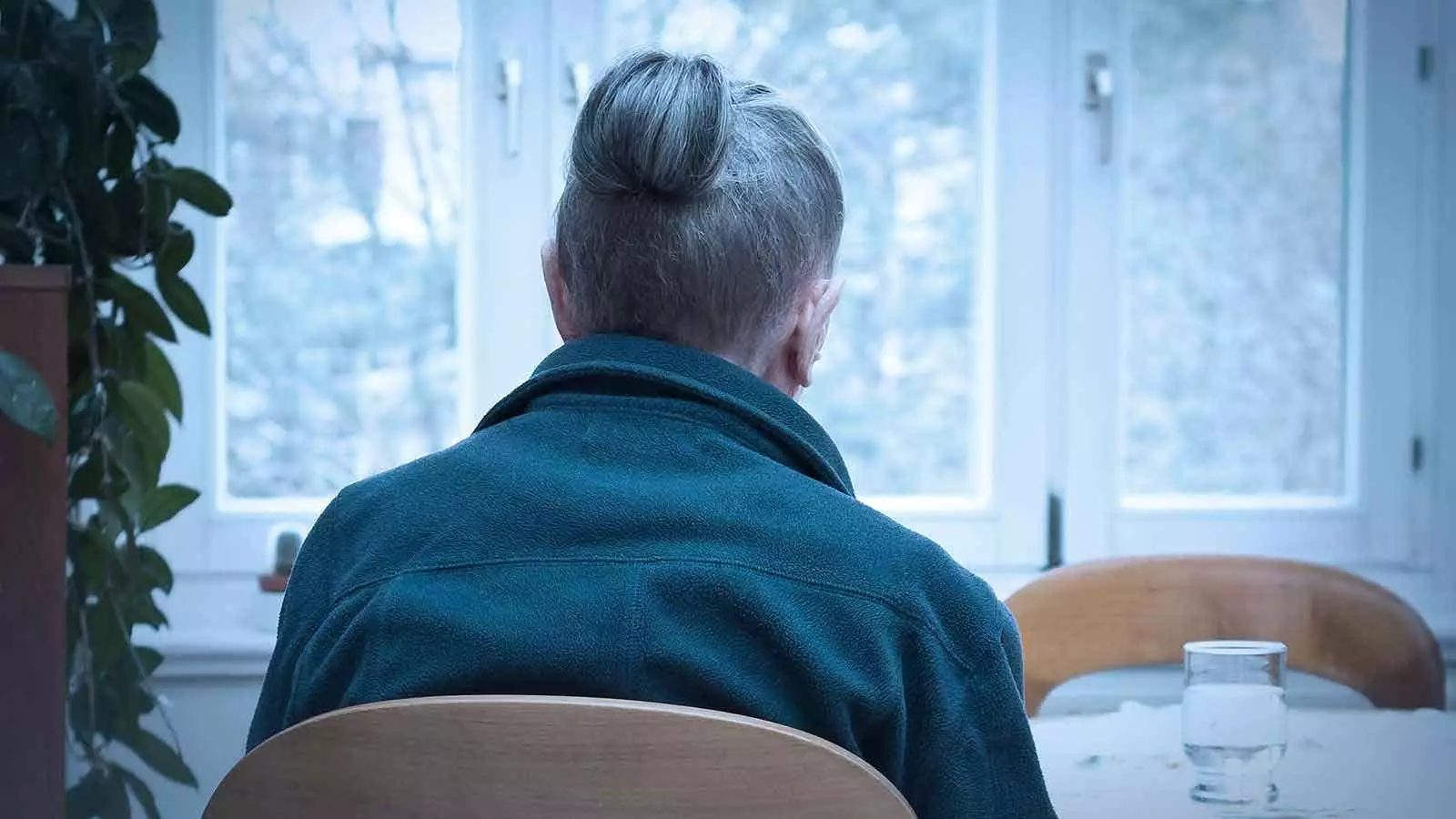Loneliness and social isolation have been linked to a higher risk of mortality among cancer survivors, according to a recent longitudinal study. The study found that survivors with higher scores on the UCLA Loneliness Scale were more likely to have an increased mortality risk over a 10-year period. This highlights the importance of incorporating loneliness screening as a routine part of cancer survivorship care, according to the researchers.
The findings of this study are particularly relevant in light of the U.S. Surgeon General’s advisory warning of an “epidemic of loneliness and isolation” in the country. The increased risk of mortality associated with loneliness among cancer survivors underscores the need for healthcare providers to include loneliness assessment tools as part of their standard practice. This will help identify survivors experiencing loneliness and inform interventions to address their mental health needs.
The researchers suggest that oncologists should provide loneliness screening for their patients, offer education on emotional challenges related to cancer diagnosis and treatment, and be prepared to refer patients to psychologists for specialized assessment and counseling. It is important to detect loneliness early to prevent its escalation among cancer survivors and to provide appropriate interventions to address their social and emotional needs.
The study used data from the Health and Retirement Study (HRS), a biennial survey focusing on health, employment, and psychosocial well-being among individuals aged 50 and older. The researchers included 3,447 cancer survivors in their analysis, adjusting for factors such as sex, marital status, education, number of health conditions, and years since cancer diagnosis. Loneliness was measured using an abbreviated 11-item version of the UCLA Loneliness Scale.
The study found that male sex, non-white race/ethnicity, unmarried status, lower education levels, more health conditions (other than cancer), and feeling depressed in the past year were associated with a higher likelihood of experiencing loneliness among cancer survivors. A dose-response association was observed, with higher levels of loneliness corresponding to an increased risk of mortality among survivors.
Despite the valuable insights provided by this study, the researchers acknowledged several limitations. These included the use of self-reported data, an abbreviated measure to assess loneliness, and the lack of information on specific cancer-related factors such as cancer type, stage at diagnosis, and treatment status. Cause of death data was also not available in the dataset, limiting the researchers’ ability to draw clear conclusions about mortality causes.
Overall, this study sheds light on the importance of addressing loneliness and social isolation among cancer survivors to improve their overall well-being and reduce mortality risk. By implementing routine loneliness screening and interventions, healthcare providers can better support survivors in their journey towards recovery and improved quality of life. Further research is needed to explore optimal screening tools and the effectiveness of interventions in addressing loneliness among this vulnerable population.


Leave a Reply